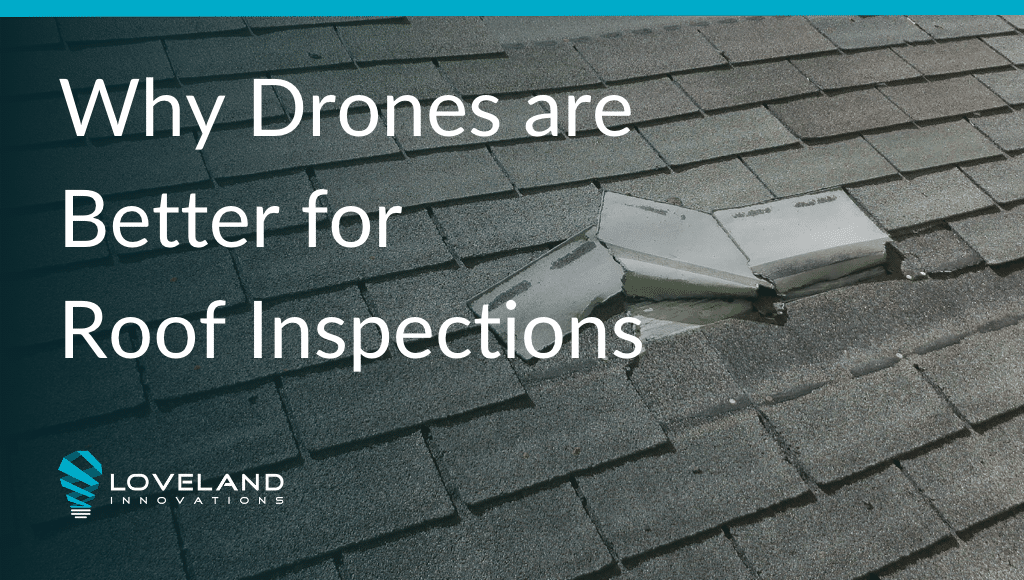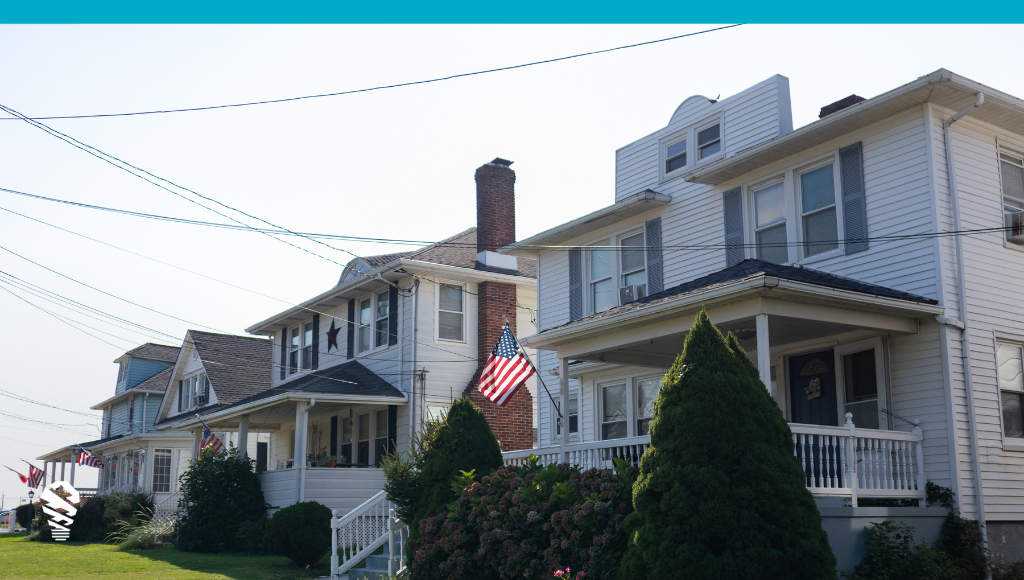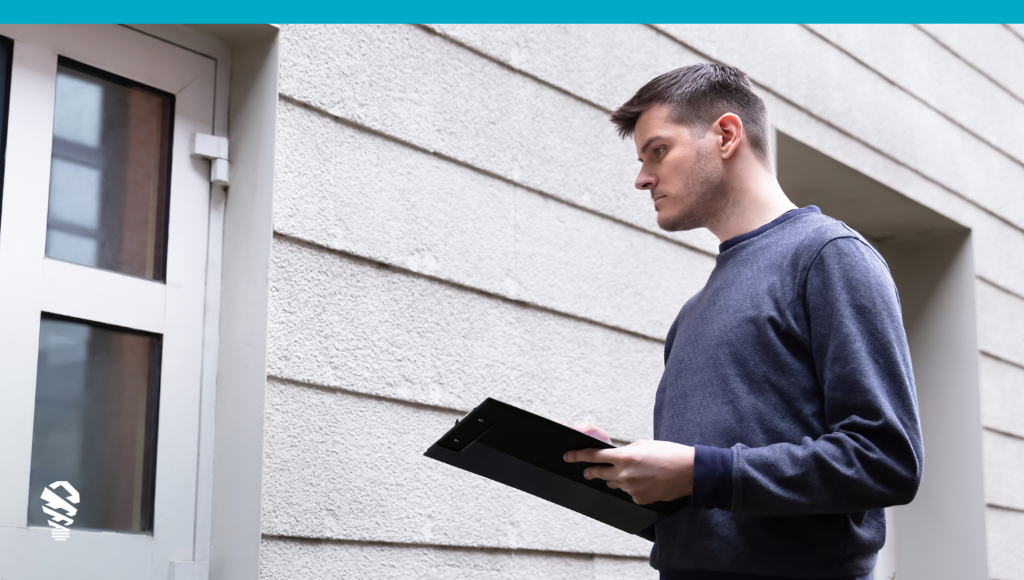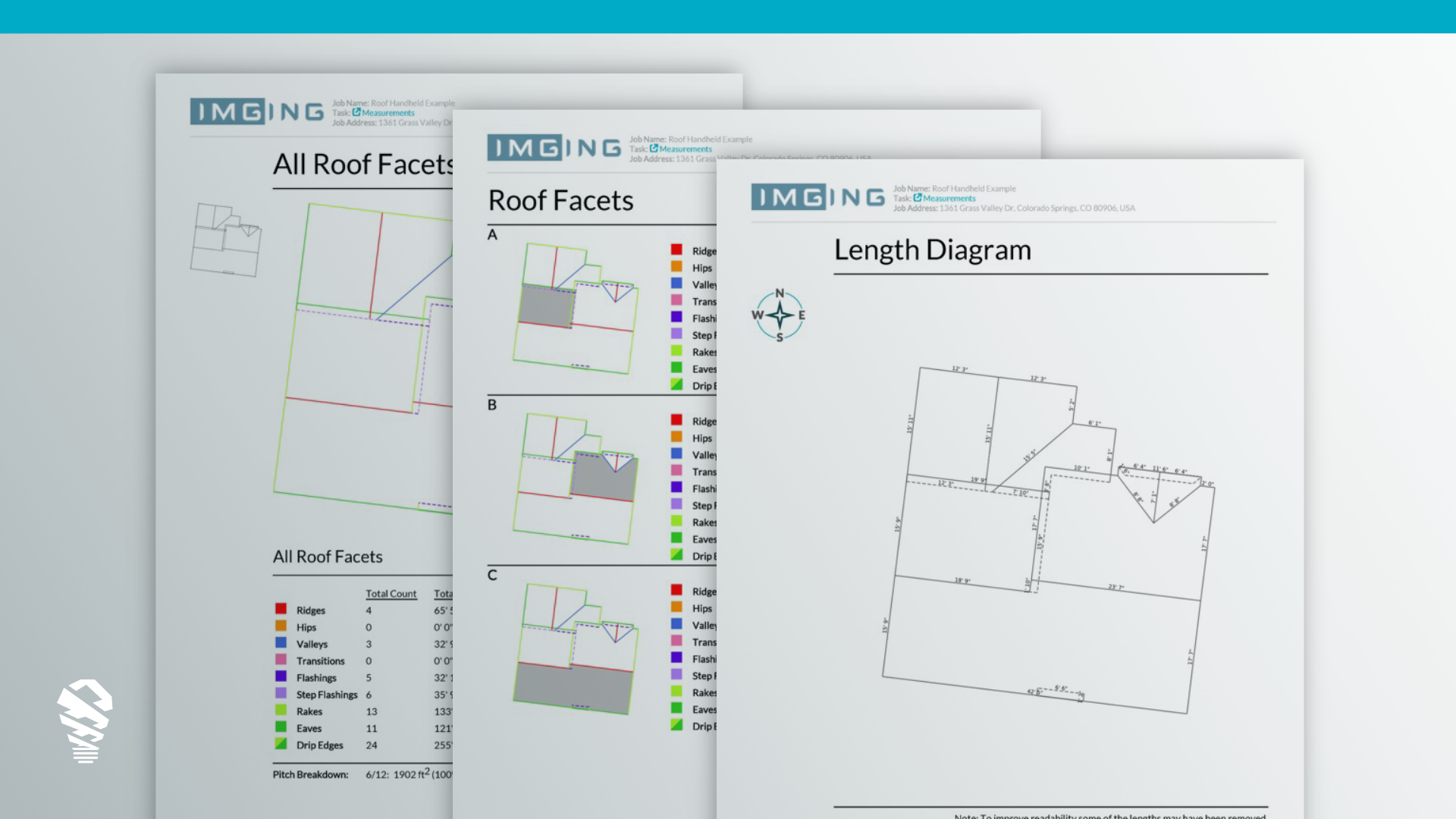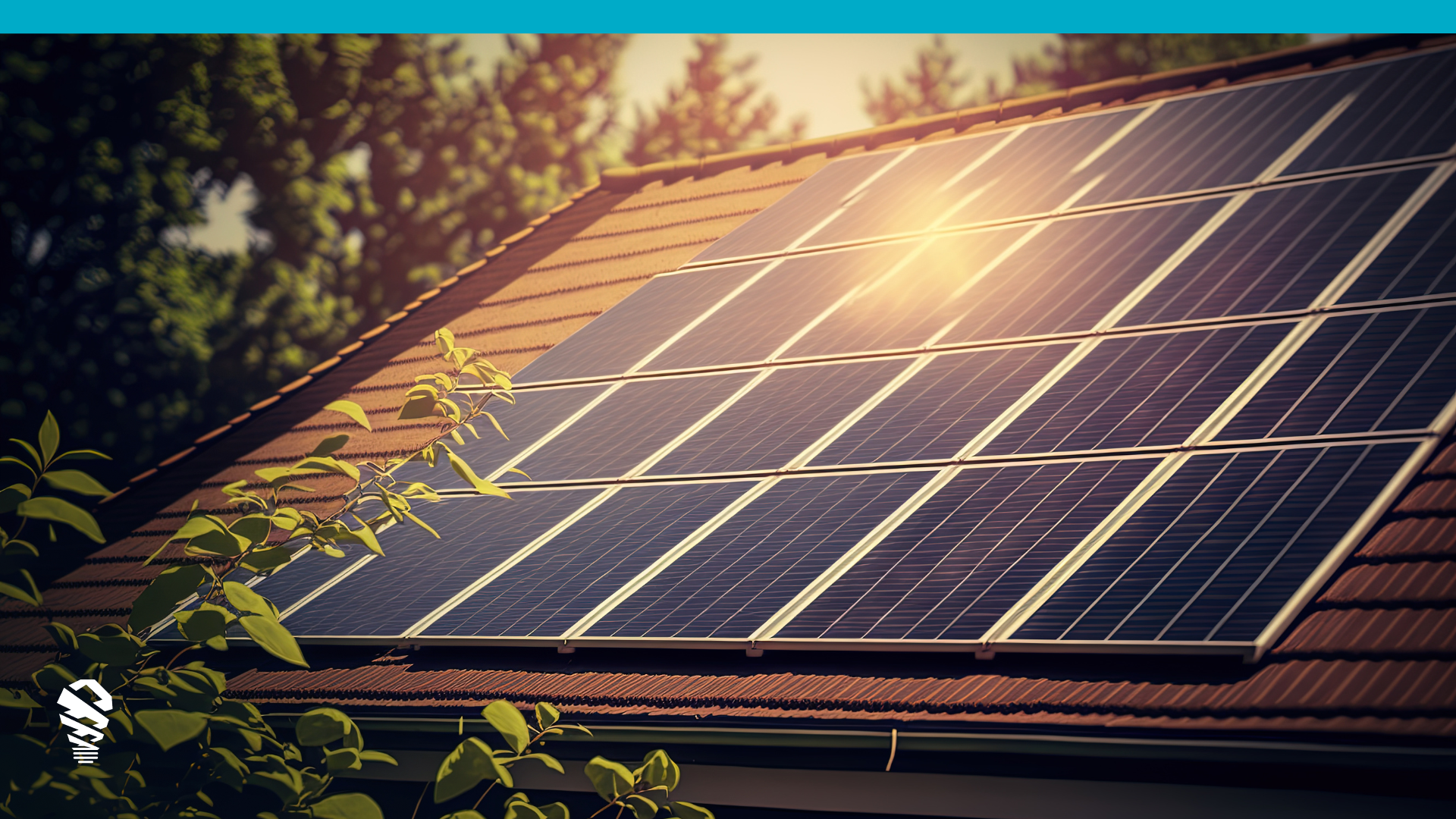When it comes to maintaining your building’s structural integrity, consider your roof the first shield of protection. Still, even the most durable roofs are vulnerable to weaknesses. Over time, your roof may fall into disrepair due to leaks, aging and weathering, or storm damage, leaving everything sheltered beneath at risk.
Regular roof inspections can help detect early issues and prevent costly emergency repairs — but don’t pull out your ladder and go at it alone. Today, a professional roof inspector can help you avoid the dangers of climbing on roofs and provide an accurate assessment of the damage using drone technology.
Drones (also known as Unmanned Aerial Vehicles or UAV) are capable of capturing up-close images of damages and debris, as well as mapping out your structure, allowing roofing professionals to ramp up the time it takes to nail down your improvement project. There are several advantages of drone assistance:
- Increases measurement and assessment accuracy
- Reduces survey process times and manpower
- Improves worker and homeowner safety
- Reduces costs related to equipment transport and handling
Replacing a roof can cost upwards of $15,000 or more, so it’s critical to identify your roof’s damaged areas as soon as possible. Read on to see why hiring a professional roof inspector with a drone is the most efficient, safe, and accurate route for roof inspections.
Reasons for a drone roof inspection
The vulnerability of your building roof depends on a lot of factors: its age, your location, what type of roof you have, and how often you maintain any damage. The right roofing consultant will know how to properly inspect the condition of the roof with a drone and address any warning signs that could lead to expensive roofing repairs or replacement down the line. At times, you may also need a drone roof inspection for home insurance or upgrade purposes.
Wall cracks, clogged drains, sagging ceiling tiles and water pooling away from drainage areas are all signs of roof failure. Here are a few of the reasons for drone roof inspections:
Damage after a storm: High winds, hail, and heavy rain can have disastrous effects on your roof. If your roof is experiencing leaks, is covered in debris or has visible structural damage following a weather event, you should schedule a drone inspection immediately.
Maintenance inspections: Roofing issues are easy to overlook. Experts recommend that property owners look to hire a roofing contractor to conduct maintenance drone roof inspections roughly every six months. This ensures that your roof is structurally sound and allows you to get ahead on repairs should any roofing problems arise.
Solar site surveying: When you opt for solar energy, there are certain requirements your building must meet before installation. While traditional site surveys for solar panel installations can take hours, this process can be cut down to minutes with a drone roof inspection, speeding up the time it takes to move from measurement to modeling to design.
Insurance claims: When storms damage your roof, you’ll want to recuperate the costs of roofing repairs or replacement services. After filing a home insurance claim for roof damage, your insurance company will send an insurance adjuster to physically inspect the property damage with a drone and determine a fair settlement. Keep in mind: most insurance companies won’t cover damage from lack of maintenance.
When to use drone technology software
Most likely, your roofing contractor will perform a drone roof inspection using an automated drone and specialized software to get optimal results. For example, drone software technology is best-suited for detailed surveys and for professional roofing teams who are conducting more than one inspection at a time.
IMGING by Loveland Innovations enables professional roofing contractors to gather and analyze property information using a drone and mobile device, creating an advanced inspection toolkit.
The software uses artificial intelligence to detect roof damage, analyze findings and generate on-site measurements if or when replacement materials are needed — including through sophisticated 3D models.
It also allows teams to organize data by property in cloud storage, preventing human errors by keeping everything under one roof (no pun intended)! In any case, using drone software in accordance with an UAV designed to capture advanced imagery is one of the best ways to receive an accurate and fair estimate.
The best drones for roof inspection
For most building owners, the quality of your drone roof inspection will depend on the professional expertise of the contractor and the quality of the drones used for the inspection. Whether your roofing expert is a small, local provider or a major company, you’ll want to ensure they’re using an enterprise-grade drone to survey your roof and they are properly licensed.
What does that mean? Not just any roofing contractor can use drones out in the field. The Federal Aviation Administration requires people who conduct roof and property inspections commercially to obtain a Remote Pilot Certificate. It takes robust training and tests to perform drone roof inspections professionally and legally.
This requirement also protects property owners from any liabilities in the event of accidents or improper use by roofing contractors using a drone.
Today’s drones use ultra high-resolution digital surface imagery to capture property photos and data, and sophisticated flight capabilities. Over the years, DJI drones have emerged as the market leader for drone roof inspections. We highly recommend that our roof inspection partners consider the following drone solutions:
Mavic 3: The Mavic 3 is the newest DJI drone, only available since November, 2021. Similar to the Mavic 2 Series but with extended battery life and improved camera specifications.
Mavic 2 Series: The Mavic 2 Series is considered one of the top professional roof inspection drones on the market. It is known for its GPS-powered flight accuracy, foldable design, and one of the best camera lenses for mastering roof inspections.
Mavic 2 Enterprise: When a detailed roof inspection is in order, many contractors spring for the Mavic 2 Enterprise drone. This drone has captured fans for its ability to “see” under the surface of the roof using a high-resolution radiometric thermal camera. It’s great for spotting water leaks or insulation gaps.
Phantom 4 Pro V2: One reviewer called the Phantom 4 “phenomenal for aerial photography.” For roof inspectors, the drone is appealing for its nearly half-hour flying time and shake-free footage from its 4k camera, which is useful for property owners who wish to view the results of the inspection.
Please note that IMGING currently supports the Mavic 2 Pro, Mavic 2 Zoom, and Phantom Pro 4 V2. Mavic 3 support will be coming when DJI release an enterprise software integration.
If you suspect roof damage, or are in need of a routine maintenance check, ask your roofing contractor if they perform drone roof inspections. Using a drone to conduct modern roof inspections like those provided by DJI combined with IMGING technology is a great way for property owners who rely on accurate, thorough, and fair inspections to protect their building assets.

